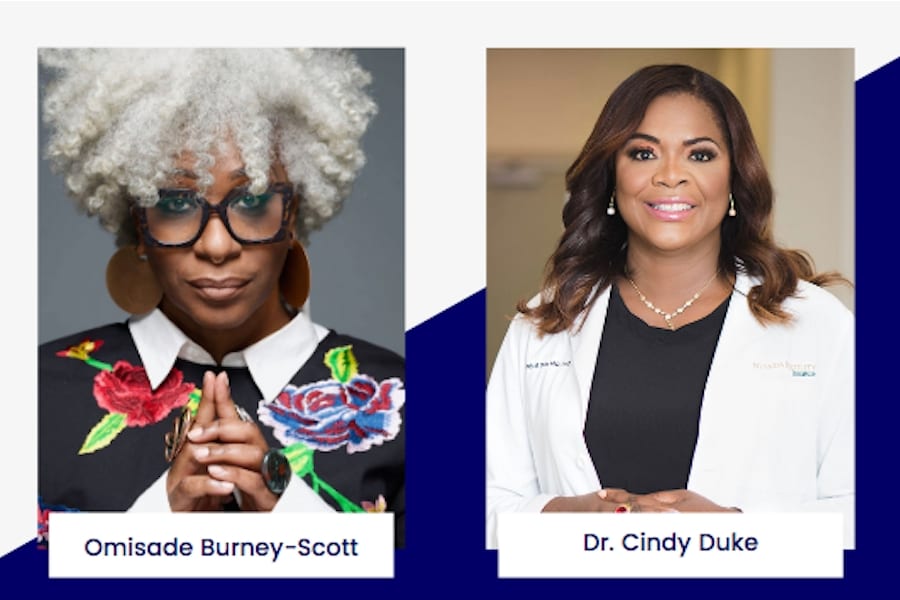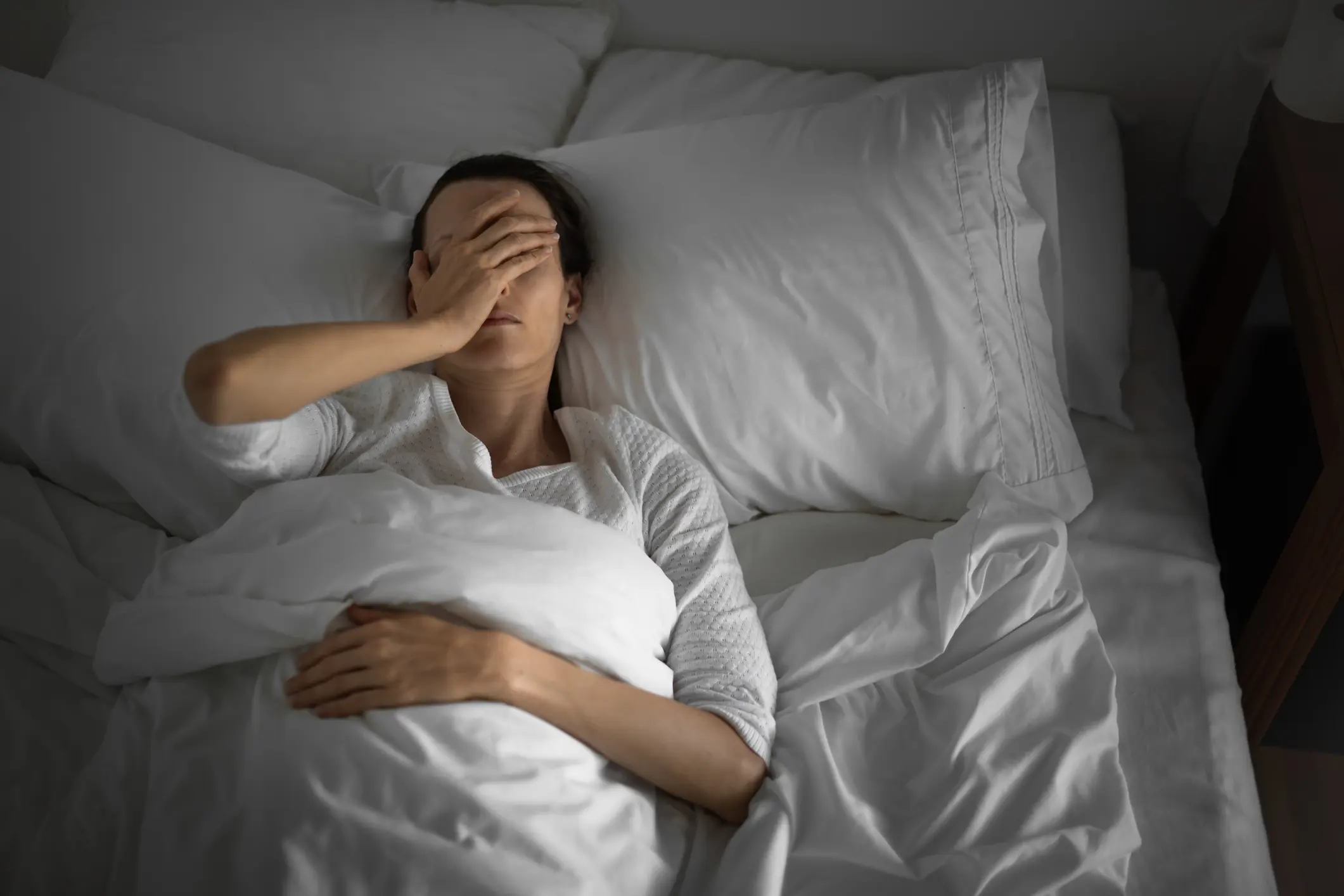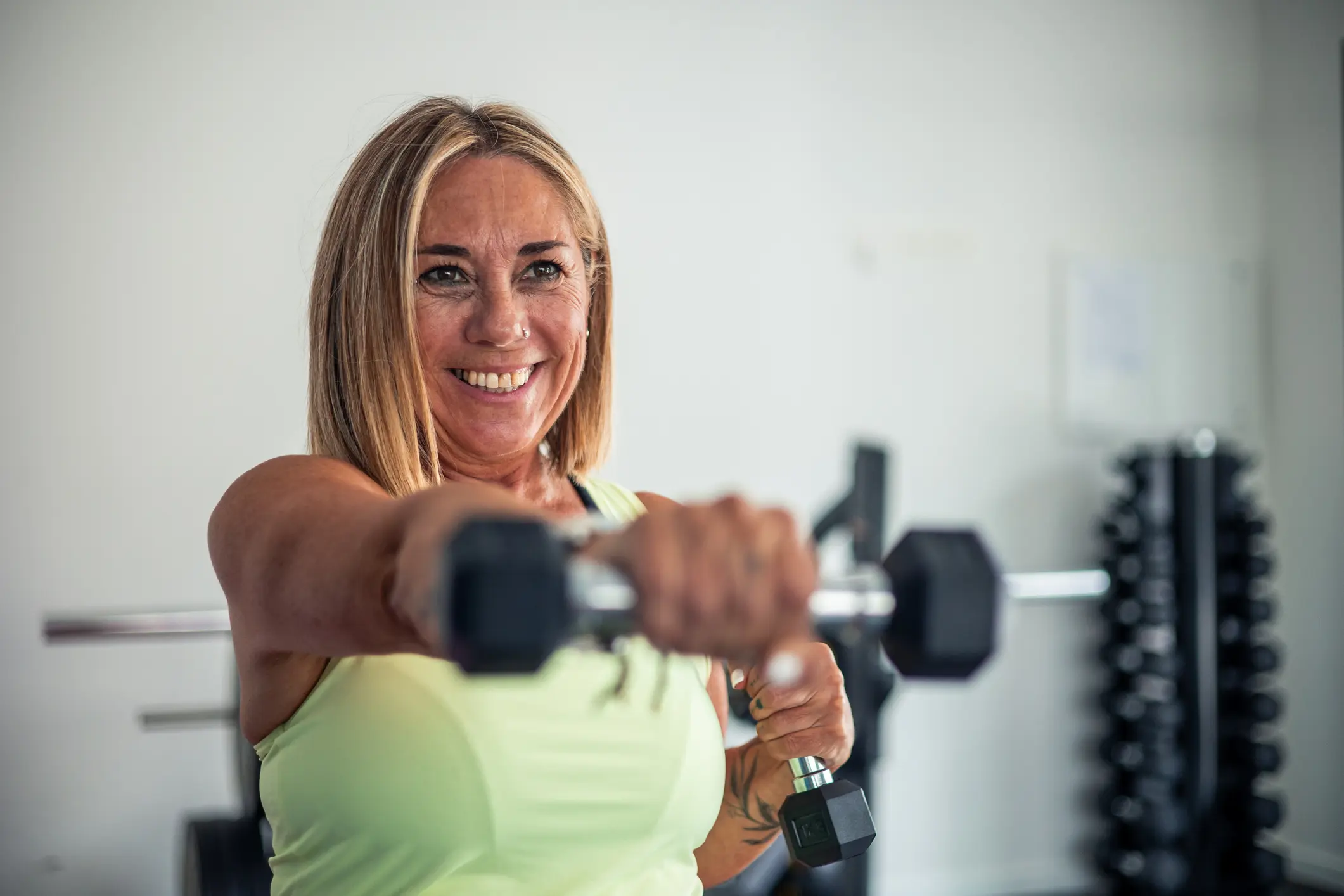
Published on Dec 11, 2020
Last modified on Feb 26, 2021
Navigating Fertility and Menopause
4 min read

Elektra Health is pleased to shed light on two important and interrelated topics that too often remain in the shadows: fertility and menopause.
Together with renowned experts, Dr. Cindy Duke, MD, PhD, FACOG, board-certified gynecologist, fertility specialist, virologist, creator/host of the Girl Powered Success and Survival International podcast and Omisade Burney-Scott, mother, storyteller, feminist, activist, organizer, and creator/host of the Black Girls’ Guide to Surviving Menopause, we explore pregnancy, the power of owning our stories, and what perimenopause feels like. We go deep into our relationship with sleep, sex, self-advocacy, representation, and the opportunity for us to be who we want to be in this next phase of life.
Read on for highlights and check out the entire event recording here (the password is ELEKTRA).
Pregnancy is possible during perimenopause and after
Even as your hormones start to shift in perimenopause, pregnancy is still possible, and more and more women are choosing to have kids into their 40s, including Omisade. If you’re not looking to have more children, it’s important to use birth control until you have reached menopause (12 months without a period).
In some cases, pregnancy is still possible even after menopause. Using donor eggs or embryos, some postmenopausal women are able to carry pregnancies to full term into their mid/late 50s.

How to make the most of your doctor appointments
In order to take agency over our own bodies and exercise our reproductive autonomy, we sometimes have to be strong and persistent advocates when it comes to our health, and especially when we’re meeting with our healthcare providers. How best to do this?
It’s all about preparation:
- Write down your questions! It’s really easy to forget your questions when you’re in the exam room. Keep a running list of questions on paper or on your phone, so they’re there in black and white when you get to your appointment.
- Give your provider a head’s up. Almost every appointment starts with a nurse or medical assistant taking your vitals. When that’s happening, just tell that person, “Please tell the doctor I have some questions I’d like to discuss with her.”
- Slow down the room. A 7-minute doctor’s appointment at a busy clinic can whiz right by. But you can slow it down with Omisade’s brilliant tried and true trick: Ask your provider, nurse, MA, whoever: “What’s your name again?” It’s a great way to put on the breaks: the person tends to pause and shift focus to you as they repeat their name. It creates an opening to start over with renewed focus from your provider.
- Schedule a follow-up appointment. If you didn’t get all of your questions answered, don’t wait to schedule another appointment to continue the conversation and specify its purpose. This is important – you owe it to yourself to get the information you’re looking for.
- Get a second opinion if needed. If your provider is dismissive, get a second opinion. Period. If you don’t take care of yourself, who will?
Examine your relationship with rest
We all have finite energy and reserve, even if some of us seem to be born with Energizer Bunny-like stamina. When it’s go-go-go all the time, your body and soul are, at some point, going to need rest and renewal. It’s up to you to listen and respond to how you are feeling and what your body is telling you. Make rest a priority. Make sleep a priority. Take a nap. Don’t feel guilty.

Celebrate our 40s, 50s, and beyond
The menopause transition is not all bad. In fact, it can be an inspiring and empowering experience, full of potential. We hold this sacred at Elektra and so loved hearing Omisade’s view that “menopause and perimenopause are portals to new iterations of yourself…I’m going to keep growing, I’m going to keep evolving, I’m going to keep learning about myself.” You get to choose what your new iteration looks like.
One big bonus of menopause: Guilt-free sex! Relish the freedom and liberation that can come with it.
No more packing tampons when you travel, just in case, and no more worries about pregnancy. As Dr. Duke said, after menopause “we’ve been there, we’ve done that, we know it.”
Celebrate this time with your friends — tell your story and listen to theirs. It’s good to commiserate, especially if you throw some jokes and laughter into the mix. This doesn’t need to be a dark and dire topic (nor time of life!).
The three tools you need at your bedside for postmenopausal sex, according to Omisade:
- Condoms. Pregnancy isn’t an issue but STIs still can be. Practice safe sex.
- Lube. Menopause usually means vaginal dryness. But that’s why the world invented lubricants. For more expert intel on this, read this.
- Mustard. Yes, mustard. As we get older, some folks experience more charley horses, even during sex. A (literal) hot tip: keep some mustard handy at the bedside so you can take a quick spoonful to quell a charley horse without interrupting sexy time.
Woven throughout this conversation was the vital importance of representation and feeling respected by your healthcare providers – physically, emotionally, and culturally. We can’t emphasize this enough. You deserve it. You have the power to take charge of your health and Elektra is here to support you every step of the way.


